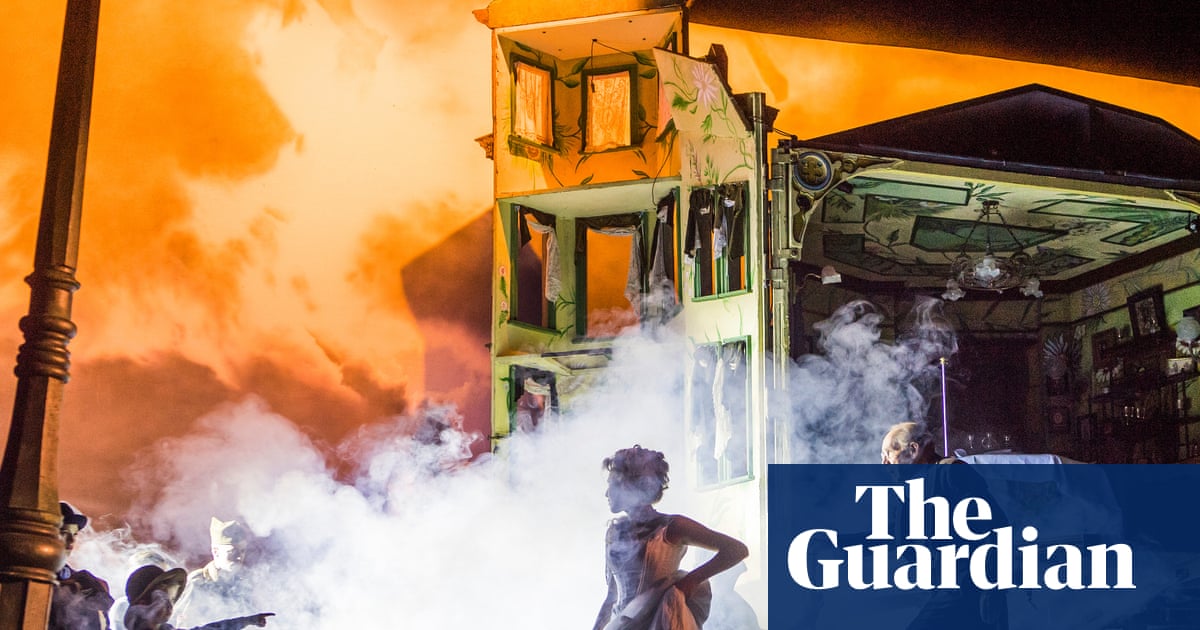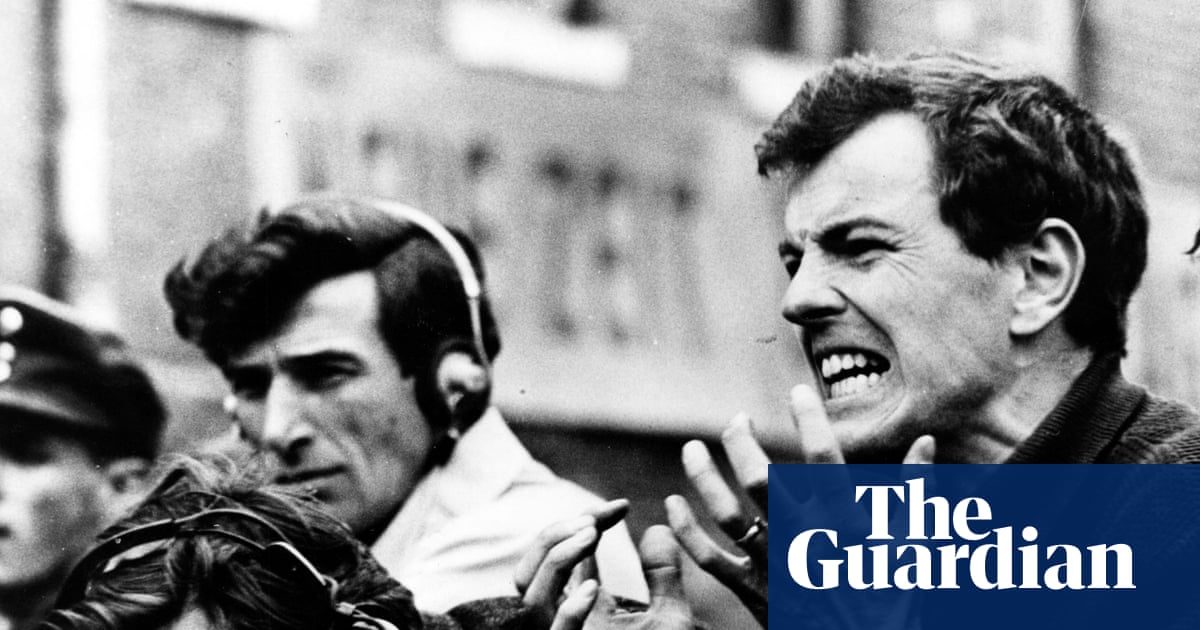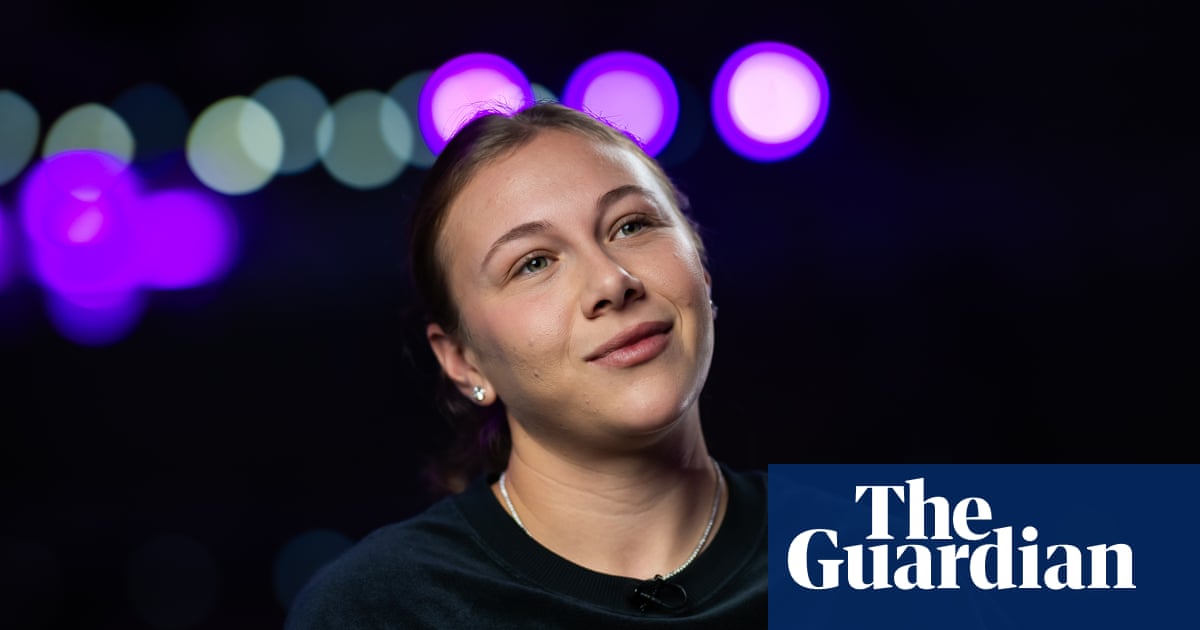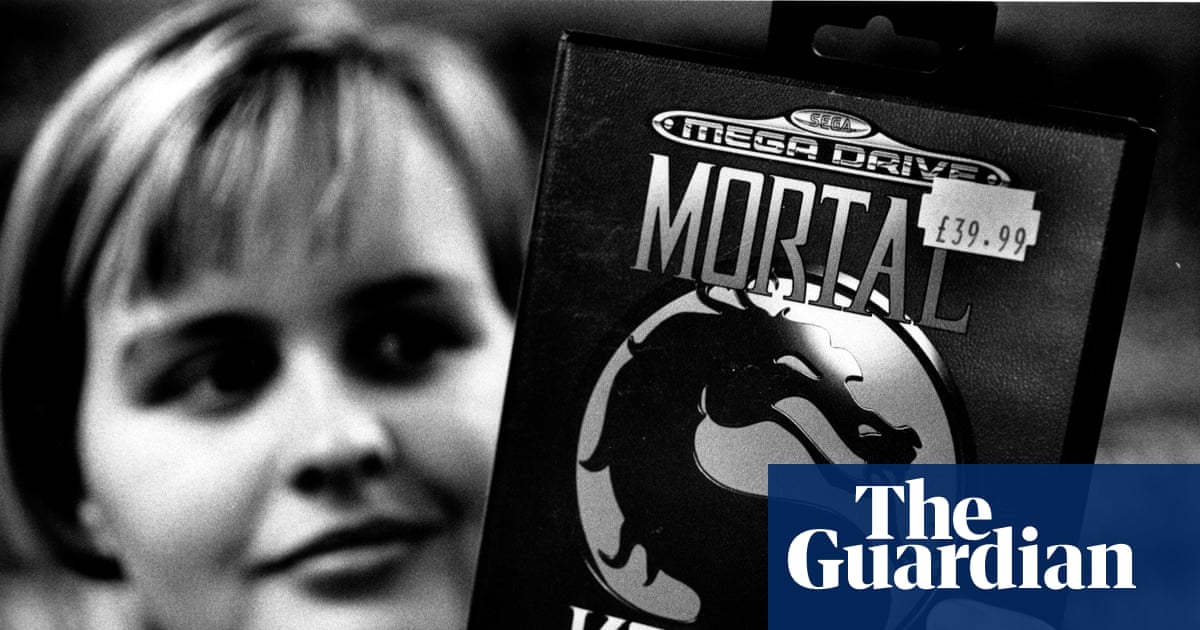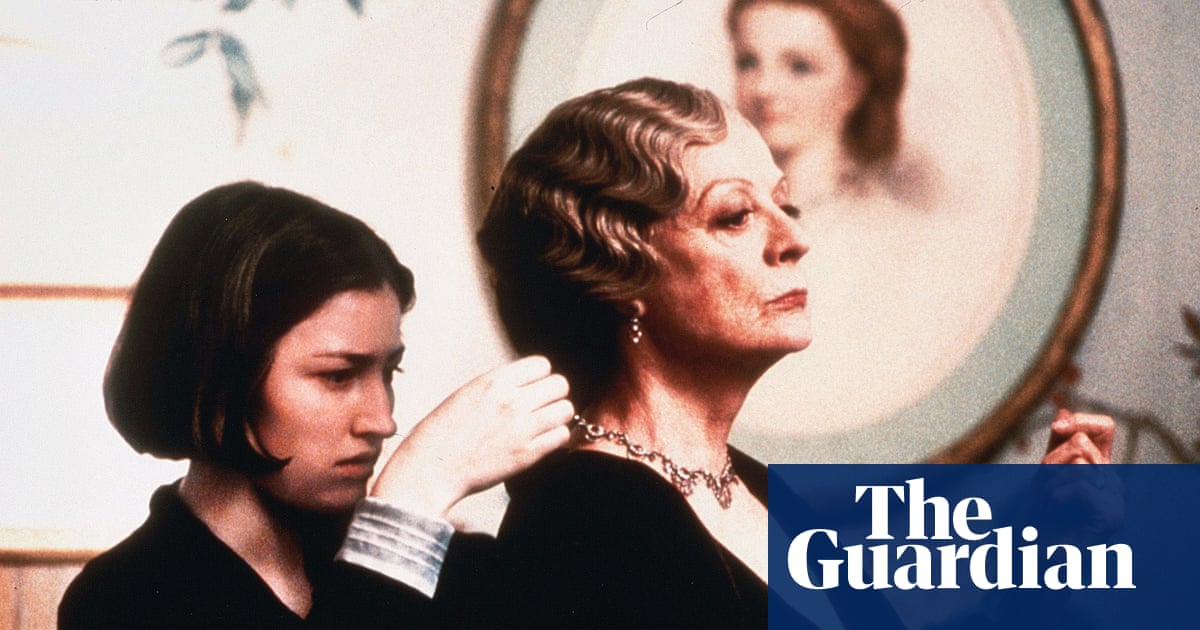Hard on the heels of the airless misery of Mark Ruffalo’s new venture, Task, comes Jude Law and Jason Bateman’s Black Rabbit, which has a bit more action but the same relentless, cheerless tone and even less forgiving lighting. One more entry and it’s officially a trend! We’ll all have to schedule recovery viewings of Brooklyn Nine-Nine, like winter vitamin D shots, to make it through unbowed.
Law and Bateman are working-class brothers Jake (Law) and Vince (Bateman) Friedkin from Coney Island. They grew up in what we assume from relatively early on was a violent home, dominated by an alcoholic father. They became a Nirvana-lite rock group – Jake the handsome lead, Vince the drummer and creative force – until the latter’s taste for drugs and mayhem put paid to their success. Jake pivoted into management, primarily of multihyphenate talent Wes (Sope Dirisu), and when Vince regained his sobriety and vision and found a building that seized his imagination they all went into business together as restaurateurs, creating the Black Rabbit – a three-storey clubhouse that soon became the toast of bohemian New York.
As the show opens, Jake and his team are celebrating their success with – in the first of many slightly “Eh, what, really?” dislocating details in the series – a trunk show of high-end jewellery for its supposedly cool crowd. Alas, no sooner has Jake limned their joy in building “a home for our family, our friends, our people … a place where the night could go anywhere” than a group of armed robbers rush in and Jake freezes with a gun in his face while we are catapulted back to “One month earlier.”
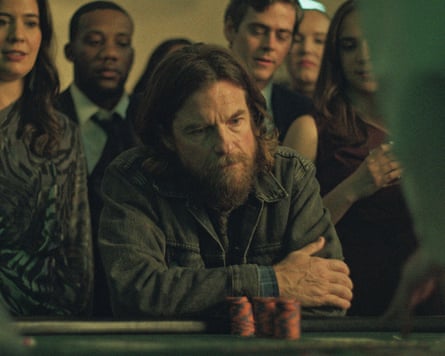
Vince is in Reno, trying to get out of Reno before certain denizens of Reno find him. We infer from his desperation, his accidental killing of a man in a car park and his haircut that the sobriety did not last. As a last resort, he calls Jake. Despite the fact that Vince evidently left the Black Rabbit some time ago and very messily, Jake buys him a ticket home and – when key bar worker Anna (Abbey Lee) refuses to come in, for C-plot reasons it takes too long to get to and will remain, as many other points in the overstuffed narrative will do, underdeveloped – gives him a job.
Never do this.
From there, we largely follow the brothers as Vince repeatedly screws up and Jake repeatedly saves him. A gangster’s son is pursuing Vince for outstanding debts and, as anyone who has seen The Bear knows, even the most successful restaurant is not awash with cash. Jake can only pay so much. We know how this story goes, so although the physical stakes for the pair increase, the law of diminishing returns for the viewer sets in pretty quickly. The lack of affect is aggravated by the fact that even the two main characters are hard to care about, and the others (great potential though they have, especially the star chef Roxie, played by Amaka Okafor, and her relationship with the suffering Anna, plus Wes and his suspect attitude towards his girlfriend Estelle – Cleopatra Coleman – when she threatens to eclipse him) are little more than ciphers.

Vince behaves with such selfishness and stupidity that caring about his fate is very difficult, and it is never clear what kind of man Jake really is beneath the constant firefighting he has to do both as a businessman and as minder for his awful brother. Such clarity as is provided for them as individuals and insight into their twisted relationship comes too late to allow even retrospective satisfaction for those who stick with the unlovely pair and their stressful adventures. There is only one way this kind of thing ends, and so it does – without anything like the level of growth or change it would require from Vince to make it credible.
after newsletter promotion
You can see throughout what Black Rabbit is aiming for – a study of loyalty, of fraternity, of how love can warp under the pressure of family secrets, made palatable by the charisma of Law (however miscast the innately suave actor may be as a hustling Coney Island boy-made-Manhattan-good), and the depiction of the seamy line he’s walking towards what he hopes will be the legitimate big time. But it’s too busy, trying to do too much, and loses the sharp focus it needs to bring us along for what is almost – but not quite – a great ride.

.png) 1 month ago
33
1 month ago
33

